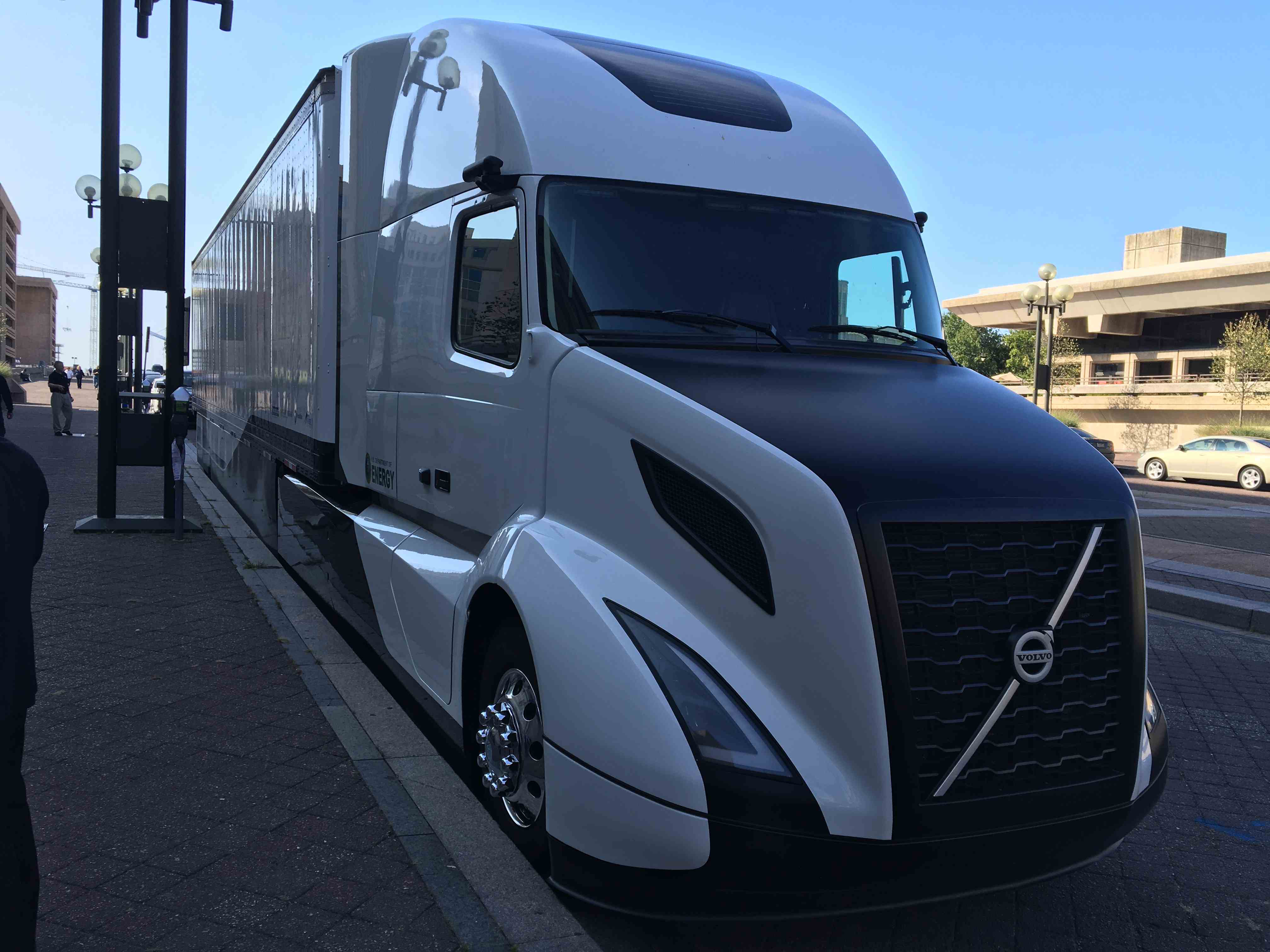Volvo Trucks are stepping in to the electric truck game.
They have announced that starting next year, companies and individuals will be
able to get a Volvo electric truck. Volvo Trucks will begin to sell these in
Europe next year.
“Electromobility is
fully in line with Volvo Trucks’ long-term commitment to sustainable urban
development and zero emissions,” said Göran Nyberg, president of Volvo Trucks
North America. “By using electrically powered and quieter trucks for goods
transport in urban areas, we meet several challenges simultaneously. Without
disturbing noise and exhaust gases, it will be possible to operate in more
sensitive city centers. Transport may also take place throughout less busy
periods, for example in late evening and at night. This will reduce the burden
on the roads during daytime rush-hour traffic, allowing both the road network
and vehicles to be utilized far more effectively than today.

“Urban distribution and other pick-up and delivery
applications are a starting point for battery-powered electric trucks, but we
envision broader deployment of electric trucks for freight movement in North
America as technologies and the market mature,” added Nyberg.
Volvo Trucks made a statement where they say they believe
that in order to improve the quality of life in urban environments, more
sustainable transport solutions need to be implemented.
“Volvo’s technology and deep understanding of
electromobility are based on proven commercial solutions already used in
Volvo’s electric buses, and solutions introduced in Volvo’s hybrid trucks as
far back as 2010,” said Keith Brandis Volvo Trucks North America vice-president
for product planning. “Electric vehicles will be part of our future, but the
vehicles themselves are only one part of what is needed for large-scale
electrification to succeed. Enabling long-term sustainable transport is a
complex issue that requires a holistic and wide range of measures. We are
working closely with customers, cities, suppliers of batteries and charging
infrastructure, and other key stakeholders to create the necessary framework
for battery-powered electric trucks.”
What do you think? Are you up for the change?
Comments
Post a Comment